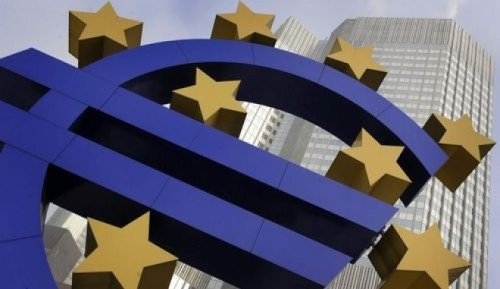US and EU to Resume Free-Trade Talks Despite NSA Spying Scandal

The European Union and the US are set to resume talks on a free-trade partnership between the economic majors, despite the spat over the US National Security Agency spying scandal.
The parties will hold a second round of negotiations in Brussels on the Transatlantic Trade and Investment Partnership (TTIP), which is designed to drive growth and create jobs in both economies.
Dubbed the world's biggest free-trade deal, the agreement is expected to boost the EU economy by €120bn ($161bn, £100bn) and the US economy by €90bn, according to independent research. Furthermore, the global economy would get a €100bn boost from the deal.
As of 2011, the US and the EU maintain a total of nearly $3.7tn in investment in each other's economies, according to the official US factsheet.
The second round of negotiations will discuss topics such as services, investment, energy and raw materials, and regulatory issues. The partnership aims to liberalise trade and investment between the regions, resulting in long-term recovery for them after the global economic crisis.
EU negotiator Ignacio Garcia Bercero and US counterpart Dan Mullaney will elaborate on the progress of the talks later this week. Subsequently, a third round of talks will be held from 16-20 December in Washington.
The parties expect to reach an agreement by the end of 2014.
US Shutdown and NSA Scandal
The second round was originally scheduled for 7-11 October, but it was postponed due to the shutdown of the US government.
The US government was partially shut down on 1 October after a midnight deadline to approve a budget for 2014 passed. Close to 800,000 government employees, including 400,000 in the defence department, were forced to take unpaid leave.
The political impasse ended after 17 days, after the US senators agreed on a deal to raise the country's debt ceiling.
US Trade Representative Michael Froman had informed the EU Trade Commissioner Karel Del Gucht on 4 October that Washington would not be able to send a full team to Brussels due to financial and staffing constraints at the government office.
However, both Froman and Gucht were optimistic that they would resume talks once the shutdown was over.
The deal also faced threat after media reports that the US National Security Agency (NSA) spied German leader Angela Merkel's mobile calls.
The German government said it had obtained information that US agencies may have hacked German chancellor Angela Merkel's mobile phone.
Following the leaking of top-secret documents by whistleblower Edward Snowden, Merkel sought an explanation from US President Barack Obama for what Germany said was a "serious breach of trust" between the allies.
Despite Obama's assurance that Merkel's calls were not tapped, she said Germany wants talks with the US over Washington's alleged snooping activities. The German chancellor has urged the US to agree to a "no-spying" deal with its European allies.
Subsequently, European lawmakers accused the US of using its surveillance programmes to gain an economic-upper hand over other countries with an excuse of fighting against terrorism.
In counter measures, relevant committees of the European Parliament backed proposals to reform data protection rules within the region. To become law, the proposals need to be adopted by the European Parliament and by the Member States in the Council.
Despite the spat, the EU officials are seemingly focusing on the economic benefits of the significant free-trade deal.
Earlier this week, US Secretary of State John Kerry urged European leaders not to allow the dispute to block the TTIP talks which has the potential to create "one of the most powerful economic forces on the planet".
© Copyright IBTimes 2025. All rights reserved.






















